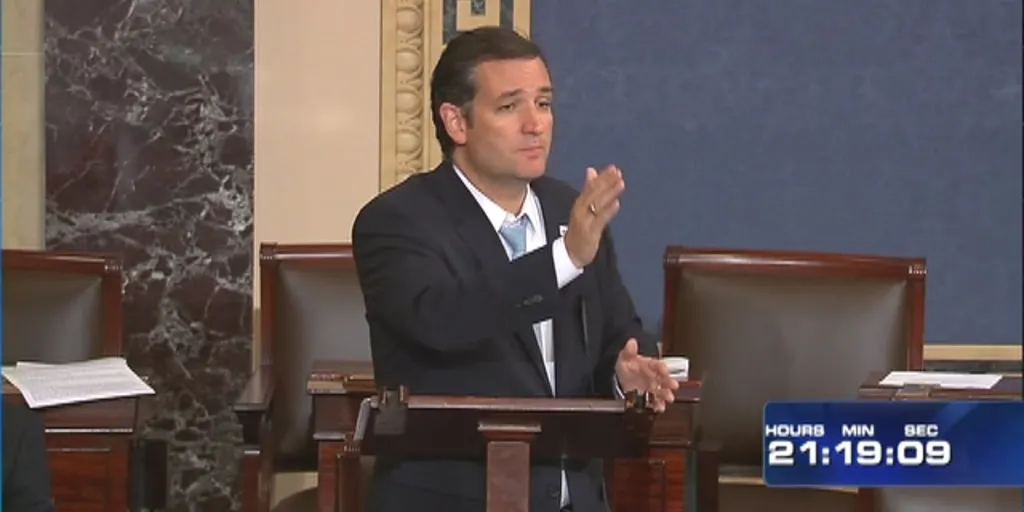Massive Spectrum Auction Looms
The Federal Communications Commission has regained its authority to auction off a staggering 800 MHz of spectrum, risking a significant blow to rural and under-resourced communities. This decision, influenced by a Senate budget bill pushed by Senator Ted Cruz, allows mobile giants like AT&T, Verizon, and T-Mobile to snatch away vital spectrum from Wi-Fi networks, jeopardizing the connectivity that many Americans rely on daily. The House narrowly adopted this plan by a 218-214 vote, showcasing a concerning trend in prioritizing corporate profits over the needs of everyday citizens.
Rural Communities at Risk
As reported by the Wireless Internet Service Providers Association (WISPA), most of its members use the Citizens Broadband Radio Service (CBRS) and the 6 GHz band to deliver much-needed broadband services to rural areas. The new law"s push for spectrum auctions threatens to undermine these services, leaving rural communities without sufficient internet access. WISPA expressed gratitude for the tax breaks included in the legislation but warned that the benefits are likely to be overshadowed by the severe implications of losing essential spectrum resources.

Ted Cruz Ends Marathon Speech Against Obamacare | Fox News Video
Corporate Interests Drive Policy
The move to auction spectrum comes at the behest of powerful telecom lobbyists, including former FCC Chairman Ajit Pai, now leading the CTIA. Pai"s statements about the law highlight a disturbing trend: prioritizing corporate interests over public welfare. By claiming that this legislation will secure America’s technological leadership and create jobs, he conveniently ignores the reality that many low-income families will face even more barriers to accessing the internet.
Consumer Demand is a Red Herring
Despite claims from telecom executives that consumer demand for more spectrum is at an all-time high, evidence suggests that these corporations are manipulating the narrative. AT&T"s CFO recently stated that the company has "no pressing need" for additional spectrum, yet they support this auction as a means to enhance profitability. This raises serious questions about the true motivations behind the FCC"s actions.
Public Knowledge Raises Alarm
Consumer advocacy group Public Knowledge has sounded the alarm regarding the potential fallout from the auction. They warn that auctioning off significant portions of the 6 GHz band could lead to slower and less reliable Wi-Fi services for millions of Americans who depend on this technology for work, education, and daily communication. The possibility of losing half of the currently unlicensed spectrum in this band is particularly alarming given the ongoing reliance on Wi-Fi in every aspect of modern life.
![Fixed Wireless Access Market Size, Share | Growth [2025–2032]](/api/image/articles/8c857ac0-9494-462d-b7b2-af72a558cf43-rural-broadband-access-meeting.jpg)
Fixed Wireless Access Market Size, Share | Growth [2025–2032]
Legislation Prioritizes Profits Over People
The FCC"s recent decision to auction spectrum is a clear indicator of the government"s alignment with corporate interests over the needs of the public. With President Trump signing the law into effect, FCC Chairman Brendan Carr is now poised to initiate spectrum auctions that will inevitably lead to increased profits for telecom companies at the expense of everyday Americans. The legislation requires the FCC to extract 500 MHz from federal users and at least 300 MHz from non-federal users, complicating the landscape of already strained resources.
Implications for Future Connectivity
The implications of this legislation extend far beyond corporate bottom lines. As the economy becomes increasingly reliant on digital connectivity, the loss of unlicensed spectrum will disproportionately impact marginalized communities who already face systemic barriers to technology access. With the U.S. economy projected to add over $200 billion in value from the 6 GHz band according to the Consumer Technology Association, it’s clear that the stakes are high, yet the benefits are likely to flow to a select few rather than the many.



![[Video] Gunfire between Iraqi security forces and Sadr militias in Baghdad](/_next/image?url=%2Fapi%2Fimage%2Fthumbnails%2Fthumbnail-1768343508874-4redb-thumbnail.jpg&w=3840&q=75)
